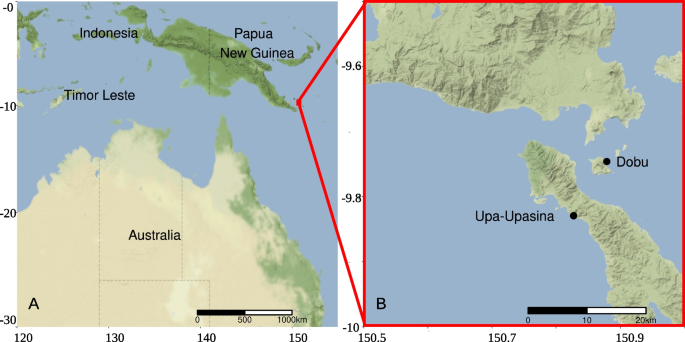2024-04-17 インペリアル・カレッジ・ロンドン(ICL)
<関連情報>
- https://www.imperial.ac.uk/news/252620/coral-reef-microbes-point-assess-ecosystem/
- https://microbiomejournal.biomedcentral.com/articles/10.1186/s40168-023-01683-y
海洋酸性化でサンゴ礁のホロビオント群集が減少 Decline of a distinct coral reef holobiont community under ocean acidification
Jake Williams,Nathalie Pettorelli,Aaron C. Hartmann,Robert A. Quinn,Laetitia Plaisance,Michael O’Mahoney,Chris P. Meyer,Katharina E. Fabricius,Nancy Knowlton & Emma Ransome
Microbiome Published:17 April 2024
DOI:https://doi.org/10.1186/s40168-023-01683-y

Abstract
Background
Microbes play vital roles across coral reefs both in the environment and inside and upon macrobes (holobionts), where they support critical functions such as nutrition and immune system modulation. These roles highlight the potential ecosystem-level importance of microbes, yet most knowledge of microbial functions on reefs is derived from a small set of holobionts such as corals and sponges. Declining seawater pH — an important global coral reef stressor — can cause ecosystem-level change on coral reefs, providing an opportunity to study the role of microbes at this scale. We use an in situ experimental approach to test the hypothesis that under such ocean acidification (OA), known shifts among macrobe trophic and functional groups may drive a general ecosystem-level response extending across macrobes and microbes, leading to reduced distinctness between the benthic holobiont community microbiome and the environmental microbiome.
Results
We test this hypothesis using genetic and chemical data from benthic coral reef community holobionts sampled across a pH gradient from CO2 seeps in Papua New Guinea. We find support for our hypothesis; under OA, the microbiome and metabolome of the benthic holobiont community become less compositionally distinct from the sediment microbiome and metabolome, suggesting that benthic macrobe communities are colonised by environmental microbes to a higher degree under OA conditions. We also find a simplification and homogenisation of the benthic photosynthetic community, and an increased abundance of fleshy macroalgae, consistent with previously observed reef microbialisation.
Conclusions
We demonstrate a novel structural shift in coral reefs involving macrobes and microbes: that the microbiome of the benthic holobiont community becomes less distinct from the sediment microbiome under OA. Our findings suggest that microbialisation and the disruption of macrobe trophic networks are interwoven general responses to environmental stress, pointing towards a universal, undesirable, and measurable form of ecosystem changed.


